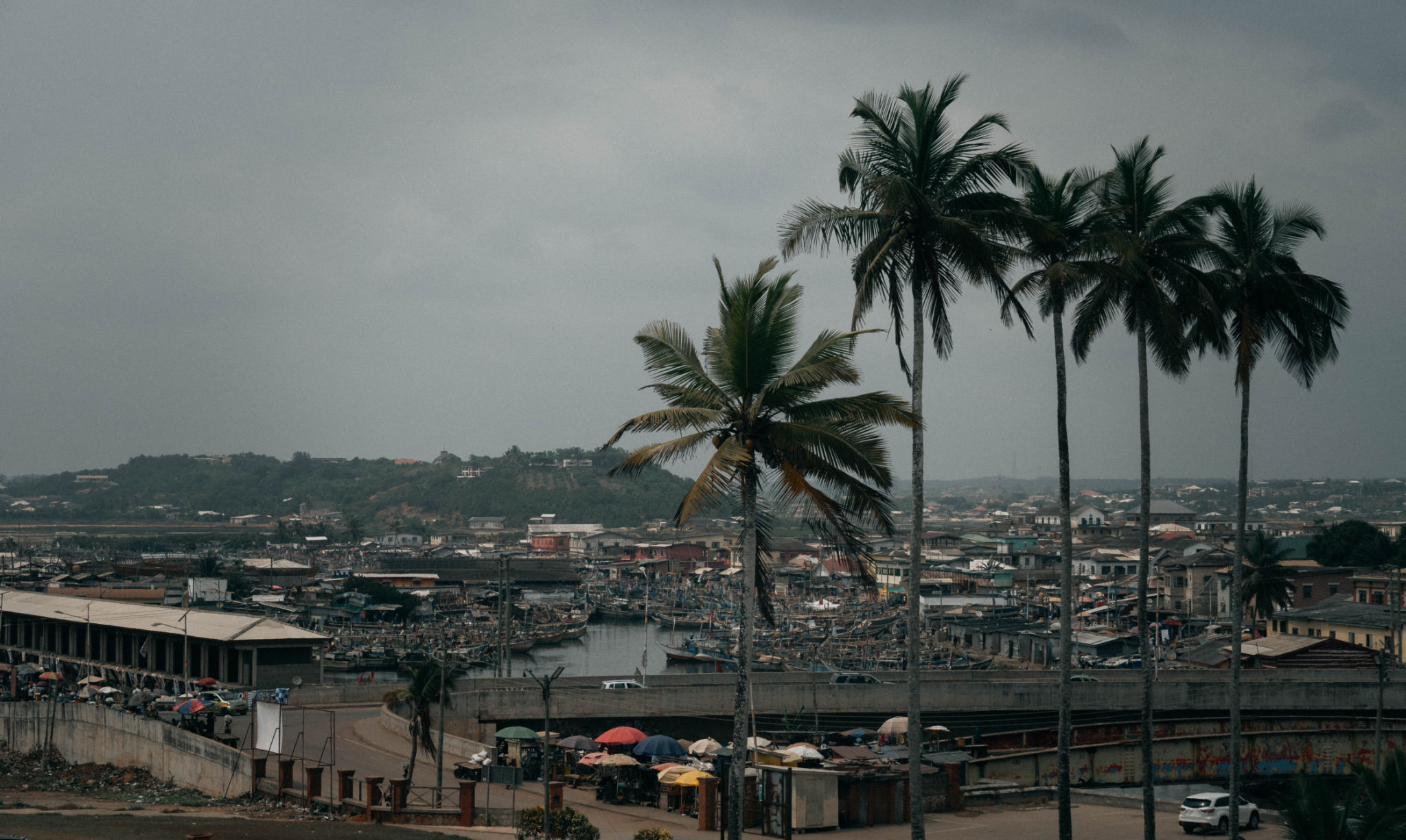Debunking Myths About Coastal Conservation Efforts in Ghana
Understanding Coastal Conservation Efforts
Coastal conservation in Ghana is often misunderstood, leading to the spread of several myths that can hinder effective conservation efforts. It's crucial to address these misconceptions to ensure that the efforts to protect Ghana's rich coastal ecosystems are both effective and sustainable. This post aims to debunk some of the most common myths surrounding coastal conservation in Ghana.

Myth 1: Coastal Conservation Is Only About Protecting Marine Life
While marine life is a significant focus of coastal conservation, the scope is much broader. Coastal conservation efforts aim to protect entire ecosystems, which include not only marine species but also terrestrial flora and fauna, wetlands, and even human communities that rely on these ecosystems for their livelihoods. These efforts ensure the sustainability of resources and biodiversity for future generations.
In Ghana, coastal conservation initiatives also focus on protecting mangrove forests, which serve as vital buffers against storms and erosion. They play a critical role in carbon sequestration, helping to mitigate climate change effects.
Myth 2: Conservation Efforts Are Anti-Development
A common misconception is that conservation efforts are inherently anti-development. On the contrary, sustainable development is a core principle of modern conservation strategies. The goal is to balance environmental protection with economic growth, ensuring that natural resources are used wisely and remain available for future generations.

In Ghana, for instance, community-based conservation projects empower local communities by providing training and resources to develop sustainable livelihoods that do not harm the environment. This approach not only preserves ecosystems but also enhances the quality of life for local residents.
Myth 3: Coastal Conservation Is Too Expensive
Another myth is that coastal conservation is prohibitively expensive. While there are costs associated with conservation efforts, the long-term benefits often outweigh these expenses. Healthy coastal ecosystems provide invaluable services such as storm protection, water filtration, and fishing resources, which can save millions in disaster mitigation and healthcare costs.
Furthermore, international partnerships and funding opportunities are available to support these efforts, making them more financially feasible for countries like Ghana. Investments in conservation can lead to sustainable economic opportunities through eco-tourism and responsible fishing practices.

Myth 4: Only Scientists Can Contribute to Conservation
Coastal conservation is not solely the domain of scientists and environmentalists. Everyone can contribute to these efforts in various ways. Community involvement is crucial in implementing effective conservation strategies. In Ghana, local knowledge and traditional practices are invaluable in managing natural resources sustainably.
Individuals can also make a difference by participating in beach clean-ups, supporting sustainable seafood choices, and advocating for policies that protect coastal environments. Education plays a significant role in fostering a culture of conservation among younger generations.
Conclusion
Debunking these myths is essential for fostering a more accurate understanding of coastal conservation in Ghana. By recognizing the broader scope of conservation efforts, their alignment with sustainable development, and the various ways individuals can contribute, we can work together to protect these vital ecosystems for the benefit of all. The future of Ghana's coastline depends on informed actions and collaborative efforts from all sectors of society.